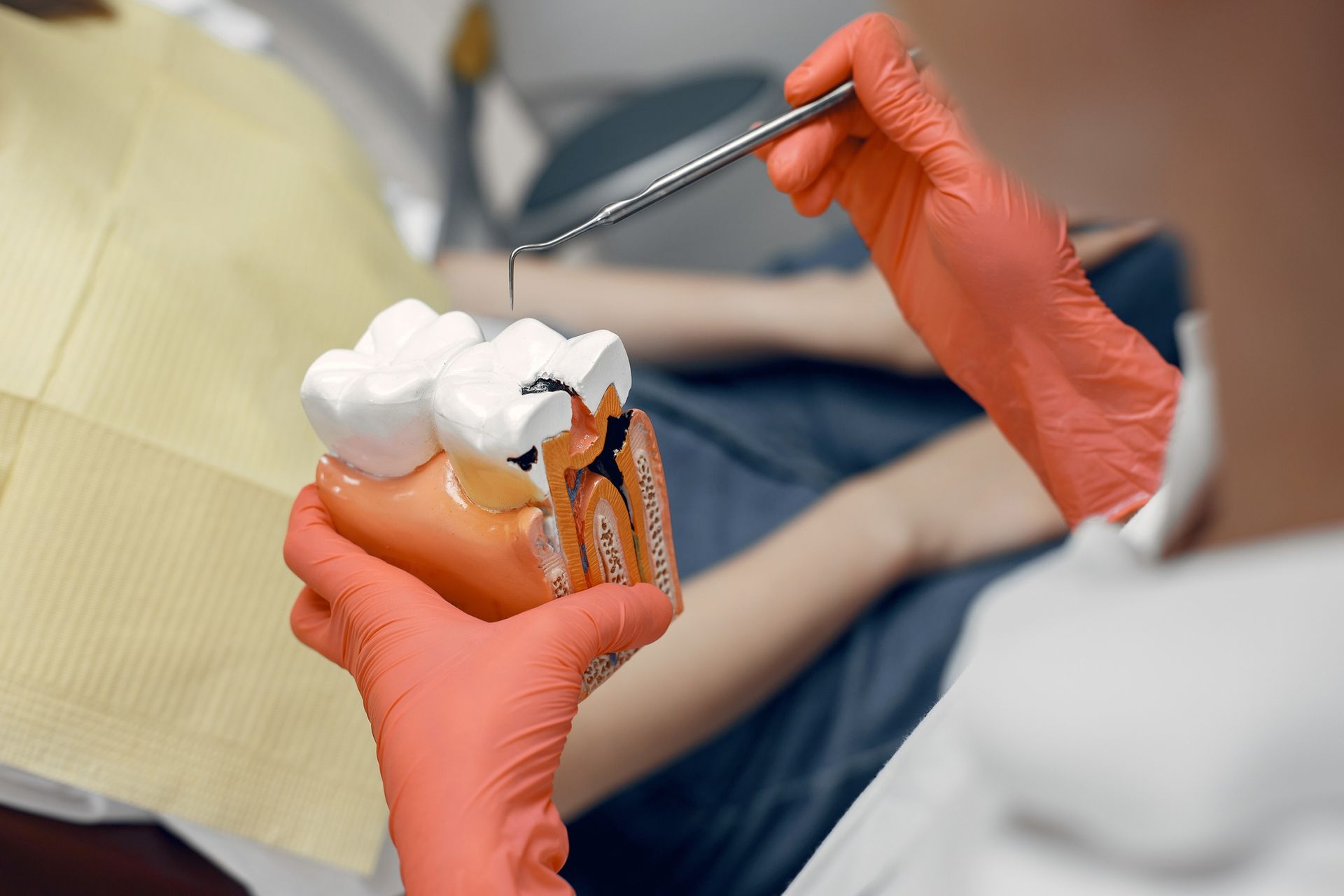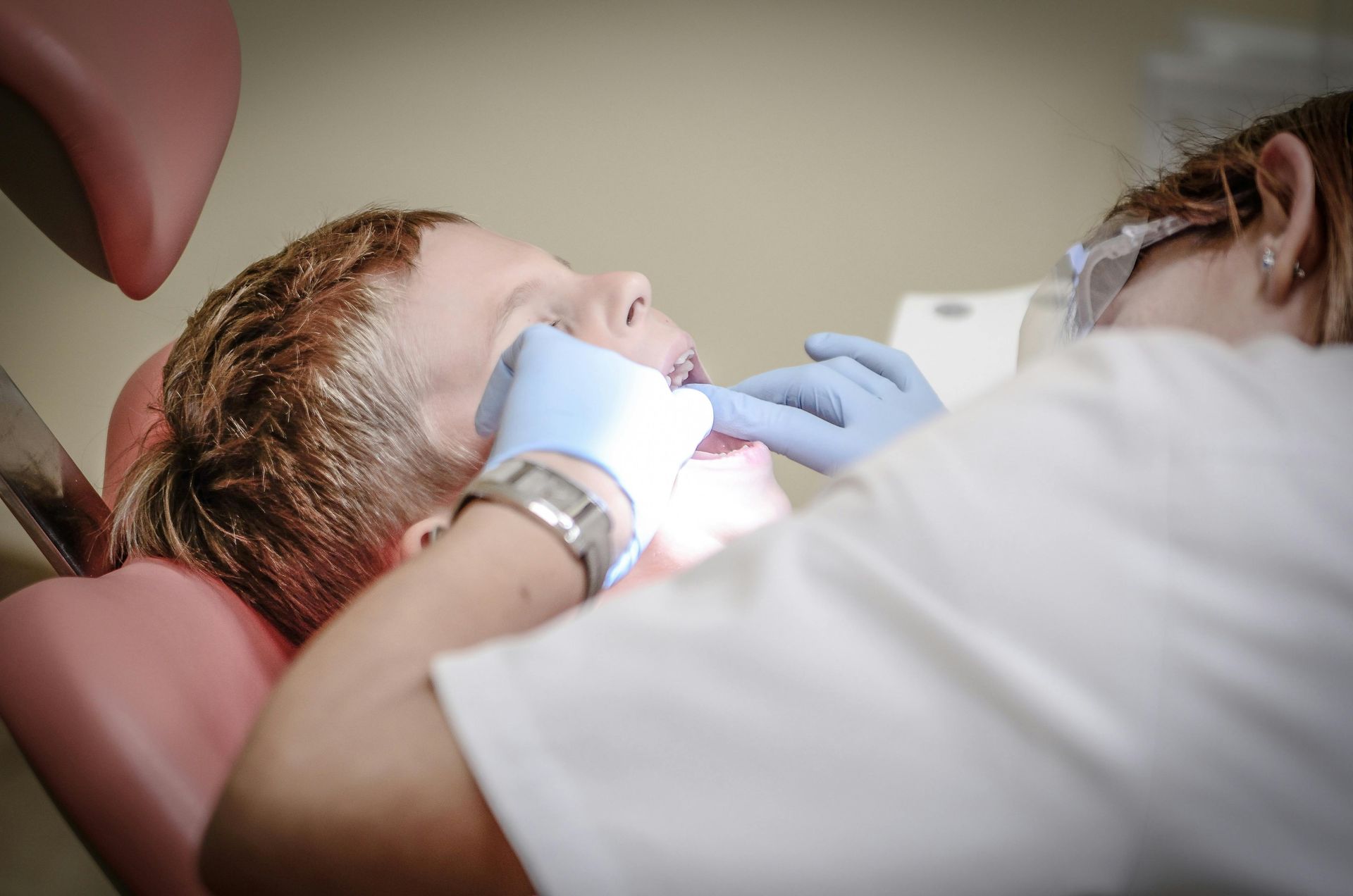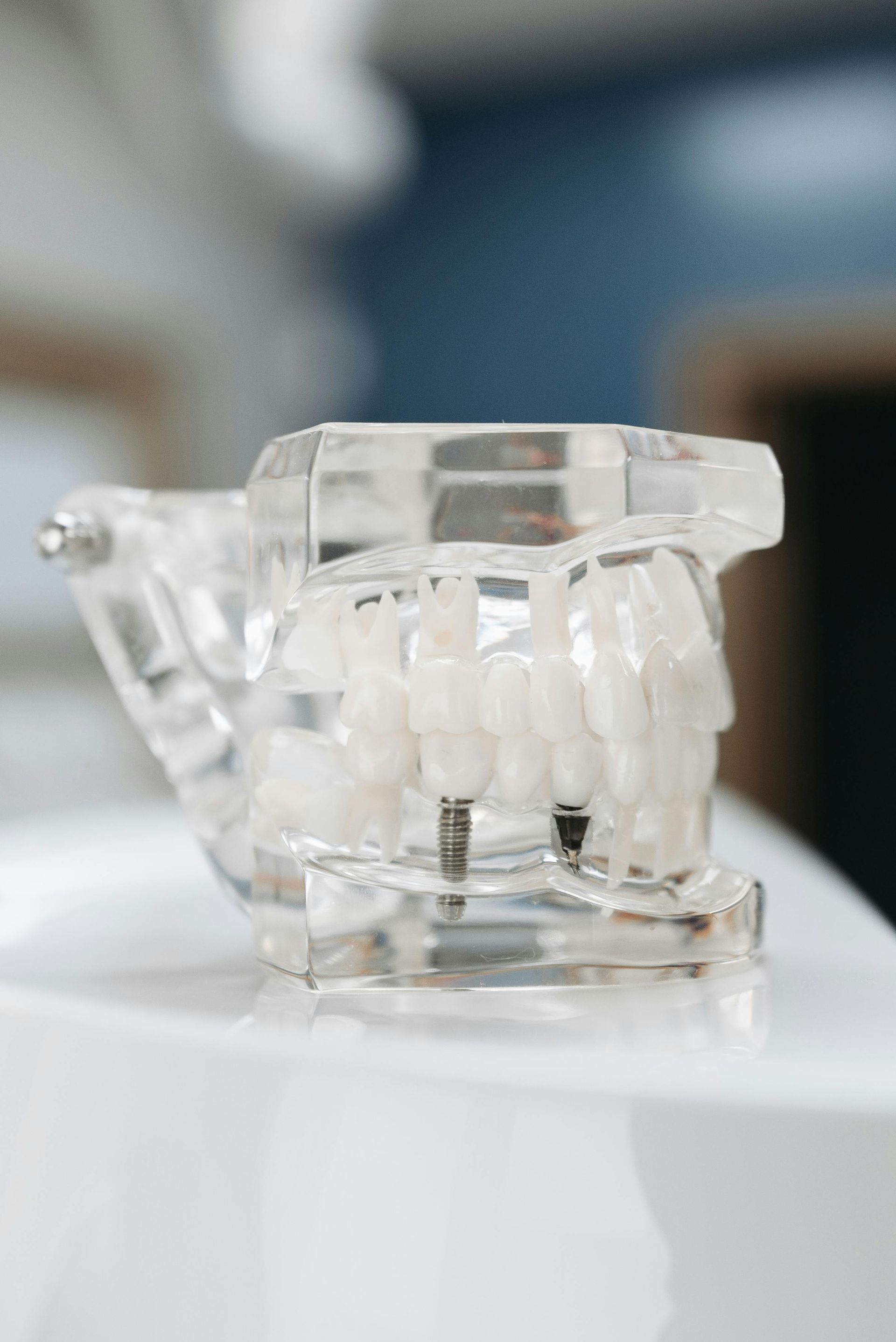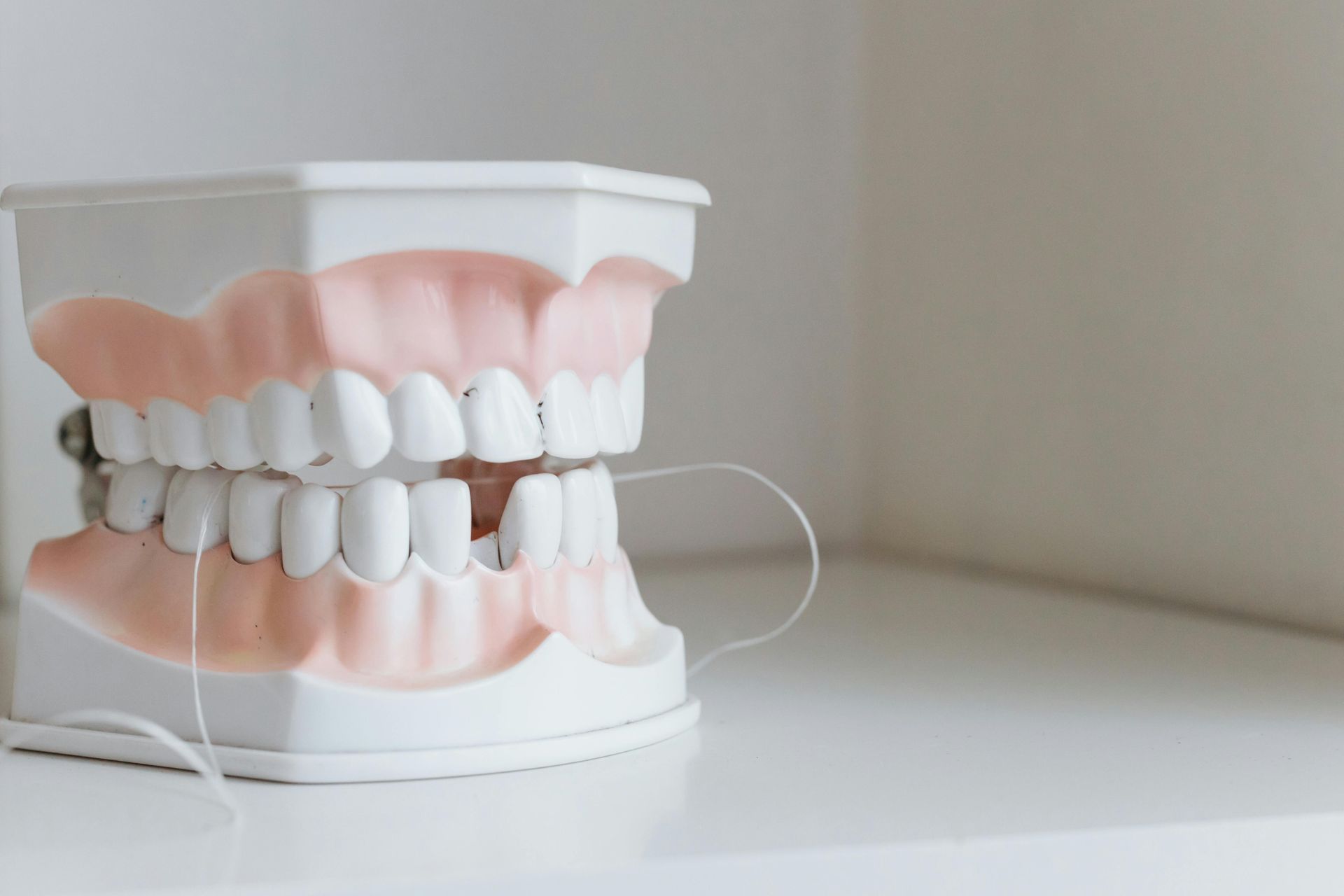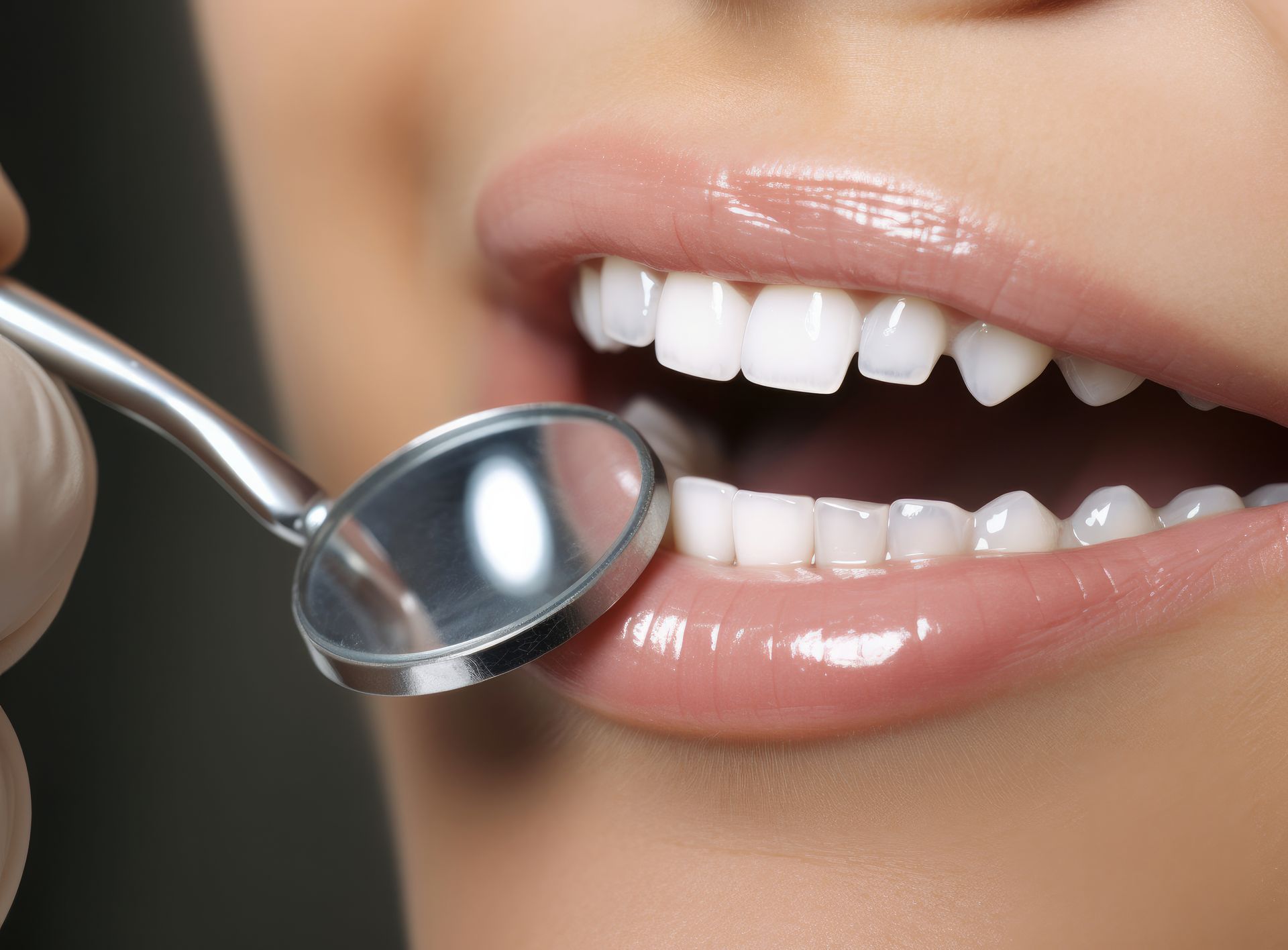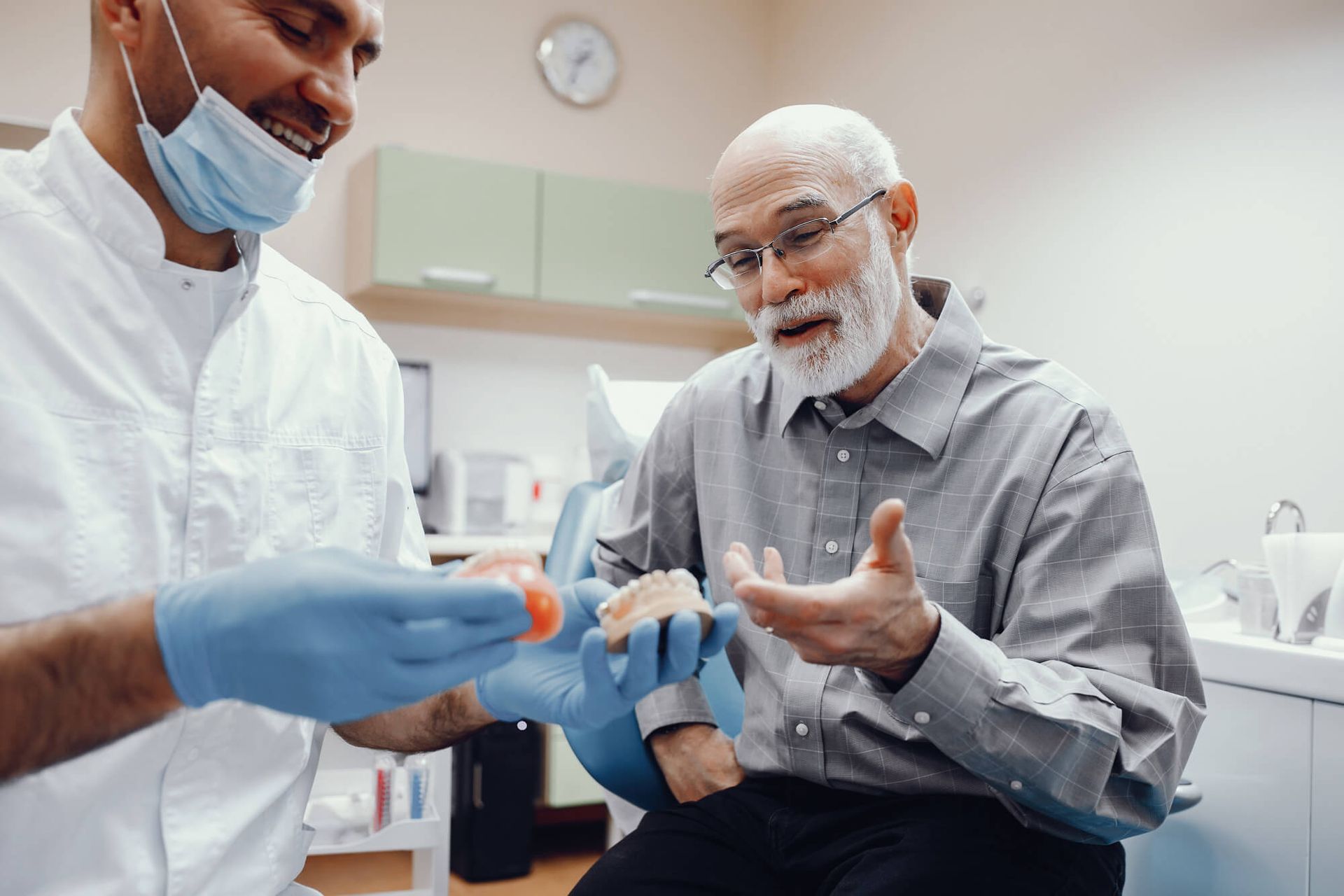When Should You Consider Tooth Extraction? Exploring Common Conditions and Treatments
Tooth extraction is a dental procedure that most people would prefer to avoid. However, in certain circumstances, it becomes a necessary step to ensure overall oral health. Whether due to severe decay, infection, or other dental conditions, understanding when tooth extraction is the best course of action can help you make informed decisions about your dental care. At
Super Smiles 4 Families, we're committed to providing our patients with the knowledge and care they need to maintain a healthy smile. In this blog post, we’ll explore various conditions that might require tooth extraction, signs to watch for, and what you can expect from the procedure.
Severe Tooth Decay
Tooth decay, also known as dental caries, is one of the most common reasons for tooth extraction. When a cavity is left untreated, it can penetrate deep into the tooth, affecting the pulp, which houses nerves and blood vessels. This can lead to intense pain and infection, spreading to surrounding teeth and gums.
When a tooth is severely decayed and cannot be restored with a filling, crown, or root canal therapy, extraction may be the only option. Extracting the tooth helps prevent the infection from spreading and causing further complications in your mouth. At Super Smiles 4 Families, we assess the severity of tooth decay and recommend the most appropriate treatment to preserve your oral health.
Impacted Wisdom Teeth
Wisdom teeth, or third molars, often emerge in the late teens or early twenties. However, they don’t always have enough room to grow properly, leading to impaction. Impacted wisdom teeth can cause significant discomfort, swelling, and even infection.
Impacted wisdom teeth can press against adjacent teeth, leading to misalignment and potential damage. In such cases, extraction is necessary to prevent future dental issues. Regular dental check-ups can help identify impacted wisdom teeth early, allowing for timely intervention. Our team at Super Smiles 4 Families will guide you through the extraction process to ensure a smooth and comfortable experience.
Gum Disease
Gum disease, or periodontal disease, is an infection of the gums that can progress to affect the bone that supports your teeth. In advanced stages, known as periodontitis, the gums recede, and teeth can become loose.
When gum disease reaches an advanced stage, it can result in significant bone loss, making it difficult to save the affected teeth. In some cases, extraction is necessary to prevent the spread of infection and to preserve the health of surrounding teeth and gums. Early detection and treatment of gum disease are crucial to avoid tooth extraction. Super Smiles 4 Families offers comprehensive periodontal care to help manage and treat gum disease effectively.
Overcrowding
Dental overcrowding occurs when there isn’t enough space in the mouth for all the teeth to align properly. This can lead to misalignment, bite issues, and difficulties in maintaining oral hygiene.
- Overcrowding can cause teeth to overlap, making them harder to clean.
- Misaligned teeth are more susceptible to decay and gum disease.
- In orthodontic treatments, tooth extraction may be recommended to create space for proper alignment.
Tooth extraction is often part of orthodontic treatment plans to alleviate overcrowding and to achieve a straight, healthy smile. Removing one or more teeth allows the remaining teeth to align correctly, improving both aesthetics and function. At Super Smiles 4 Families, we work closely with orthodontists to ensure that extractions are performed with precision and care.
Severe Tooth Infection (Abscess)
A tooth abscess is a pocket of pus caused by a bacterial infection. It can form at the tip of the tooth's root or in the gums surrounding the tooth. If left untreated, an abscess can spread to other areas, including the jaw, neck, and even the brain.
In cases where the infection is too severe to be treated with antibiotics or root canal therapy, tooth extraction may be the best option to prevent further health complications. Removing the infected tooth helps eliminate the source of infection and allows your body to heal. If you suspect you have an abscessed tooth, don’t delay in seeking treatment from Super Smiles 4 Families. We’re here to provide prompt and effective care.
Trauma or Injury
Accidents and injuries can lead to damaged or broken teeth. While dental restorations like crowns and bridges can often save a damaged tooth, extraction may be necessary if the tooth is beyond repair.
Trauma can cause cracks, fractures, or severe breaks that extend below the gum line. When a tooth is too damaged to be restored, extraction is the safest option to prevent further complications. At Super Smiles 4 Families, we evaluate each case carefully to determine the best treatment approach, ensuring that your oral health is preserved after an injury.
Preserve Your Smile with Expert Care: Trust Super Smiles 4 Families
Tooth extraction is a common procedure, but it’s one that should only be considered when absolutely necessary. Understanding the conditions that might require extraction and seeking timely dental care can help you avoid more serious complications. At
Super Smiles 4 Families, we’re dedicated to providing our patients with compassionate and expert care. If you’re experiencing dental issues or need advice on whether tooth extraction is the right choice for you, don’t hesitate to contact us at
(520) 436-0843. Your smile is our priority!
FAQs
-
What is the recovery time after a tooth extraction?
Recovery time varies, but most patients can expect to fully heal within one to two weeks. Your dentist will provide specific aftercare instructions to ensure a smooth recovery.
-
Can a tooth extraction cause complications?
While complications are rare, they can occur. Dry socket, infection, or nerve damage are potential risks. Following your dentist’s aftercare instructions can minimize these risks.
-
Will I need a tooth replacement after extraction?
In many cases, replacing an extracted tooth with a dental implant, bridge, or denture is recommended to maintain proper function and appearance.
-
Is tooth extraction painful?
The procedure itself is performed under local anesthesia, so you should not feel pain during the extraction. Some discomfort is expected after the procedure, but it can be managed with pain medication.
-
How do I know if I need a tooth extraction?
Consult with your dentist if you experience persistent pain, swelling, or other dental issues. They will evaluate your condition and recommend the best course of action.
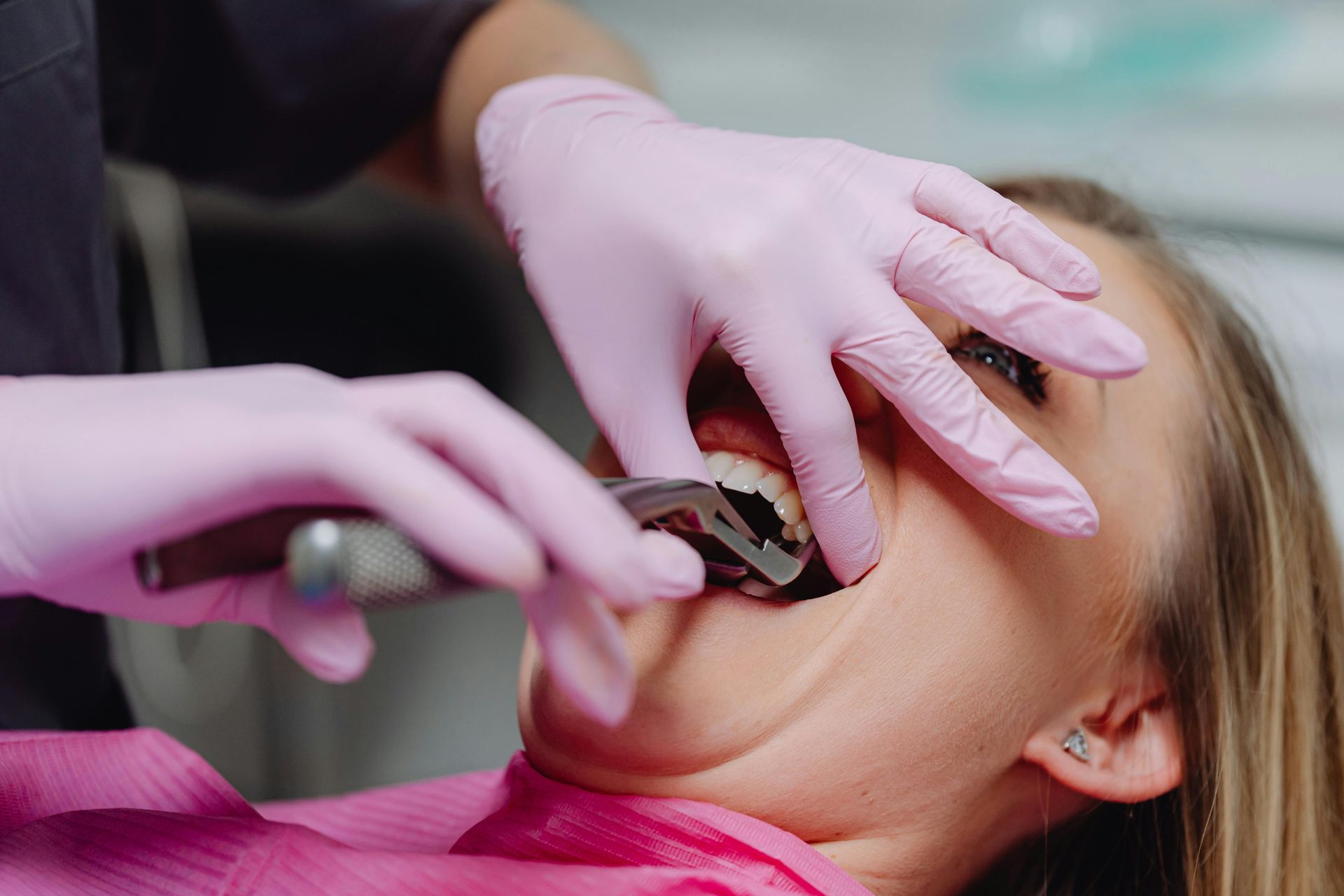

Quick Links
Contact Information
Phone: (520) 436-0843
Email: dora@supersmilesforkids.com
Business Hours:
Monday - Friday: 9am-5pm
Lunch: 12pm-1pm
Copyright © 2024 Super Smiles 4 Families, All Rights Reserved.

